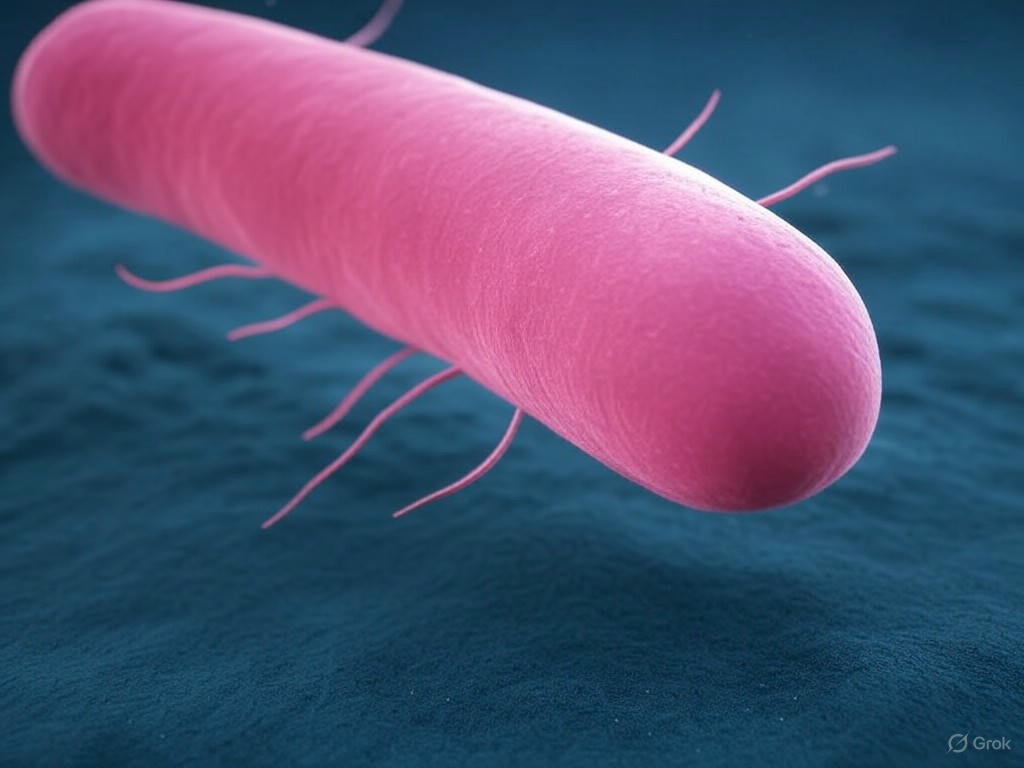Egg Safety Crisis: California Distributor Linked to Salmonella Outbreak
A recent health scare has rocked the agricultural sector as a California-based egg distributor, August Egg Company, finds itself at the center of a widespread salmonella outbreak. According to health authorities, nearly 80 individuals across multiple states have fallen ill after consuming contaminated organic and cage-free brown eggs produced by the company. This alarming situation has prompted urgent action from federal agencies and raised critical questions about food safety standards in the egg industry.
The Centers for Disease Control and Prevention (CDC) issued a stern warning to consumers, urging them to discard any eggs from the implicated distributor. The affected products, often marketed as premium due to their organic and cage-free labels, were distributed to various retailers nationwide. Health officials traced the infections back to a specific batch of eggs produced earlier this year, highlighting potential lapses in sanitation or handling processes at the company’s facilities. The outbreak, which has affected individuals of all ages, serves as a stark reminder of the vulnerabilities in food supply chains, even for products perceived as healthier or more ethically sourced.
Salmonella, a bacterial infection often linked to undercooked poultry or eggs, can cause severe gastrointestinal distress, including fever, diarrhea, and abdominal cramps. In extreme cases, it can lead to hospitalization, particularly among vulnerable populations such as young children, the elderly, or those with compromised immune systems. The CDC reports that while most of the 79 confirmed cases have resulted in mild to moderate symptoms, several patients required medical intervention. Investigations are ongoing to determine the exact source of contamination, with preliminary findings suggesting that improper storage or cross-contamination during processing may be to blame.
This incident has sparked a broader conversation about the need for stricter oversight in the food industry. Consumer advocacy groups are calling for enhanced regulations to prevent similar outbreaks, including more frequent inspections of production facilities and mandatory testing for pathogens. Meanwhile, August Egg Company has issued a public apology and pledged full cooperation with health officials. The company has also initiated a voluntary recall of all potentially affected products, though some critics argue that the response came too late to prevent widespread harm. Retailers have been instructed to pull the eggs from shelves, and consumers are advised to check product labels and dispose of any items bearing the distributor’s name.
As the investigation unfolds, this outbreak underscores the importance of vigilance at every stage of food production and distribution. For now, the public is left grappling with uncertainty, and trust in organic and cage-free products may take a hit. Health experts recommend that consumers remain cautious, cook eggs thoroughly, and stay informed about recalls. While the road to recovery for those affected will be challenging, this crisis could serve as a catalyst for meaningful reforms to ensure safer food for all.


